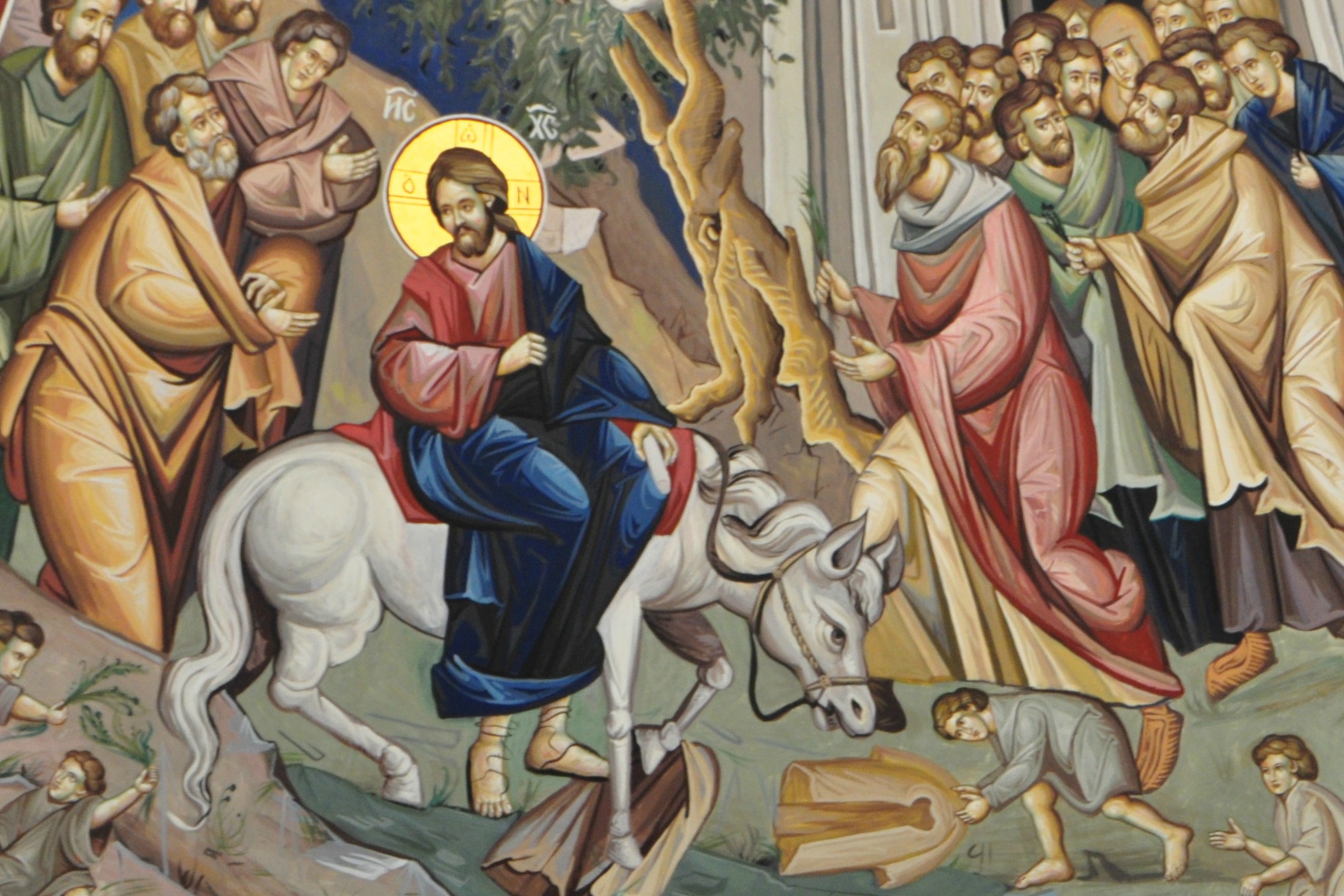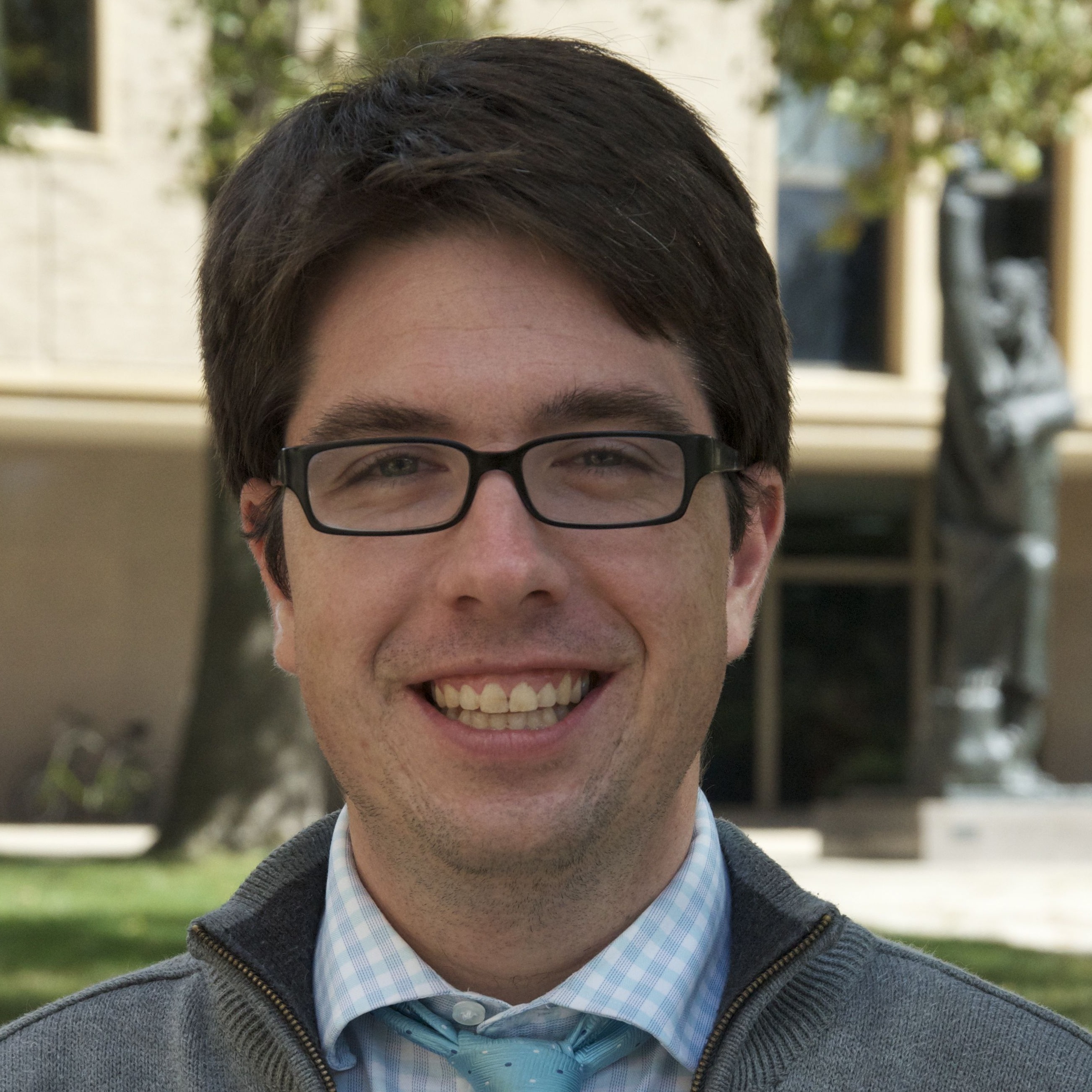The opening Gospel for Palm Sunday describes the hope that marks Jesus’ entry into Jerusalem. The disciples sing a hymn welcoming the long hoped for king into the great city: “Blessed is the king who comes/in the name of the Lord./Peace in heaven/and glory in the highest” (Lk 19:38). The reader is returned to the angelic hymn sung by angels at the birth of Jesus. Yet soon, we will find ourselves encountering not the silent peace of the manger but the sorrowful stillness of those who wait at the tomb of our dead King and God.
Jesus’ entire ministry in the Gospel of Luke has been oriented toward this death. He is the suffering servant from the prophet Isaiah, who speaks words of divine comfort to the weary (cf. Is 50:4), while taking upon himself the violence of the world: “I gave my back to those who beat me . . . my face I did not shield from buffets and spitting” (Is 50:6). The more righteous the suffering servant, the more he conforms himself to God’s Word, the more that he will encounter the violence of a world grown cold to love.
Jesus’ Passion is the rejection of divine love by sinful humanity. As the Son of Man gives himself over in love in the Last Supper, he is betrayed by Judas and his disciples alike who seek to grasp for power.
As the suffering servant prays in the garden, offering his divine and human will over to the Father, his disciples fall asleep in a drunken stupor.
As he is arrested in the garden, one of his disciples responds with the kind of violence that Jesus has come to end, and he heals his soon-to-be captor.
As he is alone in his prison, those who are closest to him deny him in public, scattering to the winds in his hour of need.
As he faces his final judgment, he suffers the violence not simply of the Cross but of power exercised against him by Rome and Israel alike, the entire world demanding his death.
As he is crucified upon the Cross between two thieves, he is mocked by Roman soldiers, still delivering the saving medicine of love to the good thief who comes with a humbled heart before the crucified King.
As he enters into his final moment of suffering, the servant Son gives himself over to the Father, longing for God to raise him up in glory: “[The Son of Man] will be handed over to the Gentiles and he will be mocked and insulted and spat upon; and after they have scourged him they will kill him, but on the third day he will rise” (Lk 18:32_33).
Perhaps, then, it is possible to recognize how God’s peace reigns supreme in Christ’s violent death upon the Cross. The Son of Man has revealed to us that to become divine, to become “kingly” is not a matter of grasping for power at all costs but of self-emptying love. God is not defeated by the worst that the world can offer. Through his obedient love unto death itself, the one “found in human appearance” (Phil 2:7) is exalted above all others. All humanity is called to bend their knee before the suffering and risen Lord (cf. Phil 2:10), who brings the world together not through violence, through grasping, but through the gift of love unto the end.
The crucified Lord we contemplate in preparation for the Triduum is a sign of hope for the world. For the worst that we could inflict upon him was not enough to destroy the goodness, the beauty, the love of God himself. For it is through this suffering body, through this icon of desolation, that all the world will know salvation: “Behold the wood of the Cross, on which is hung the salvation of the world. Come, let us adore” (Good Friday).
![]()
This article originally appeared in Our Sunday Visitor: Newsweekly on March 9, 2016 and is reproduced here with the permission of the publisher.
Featured Image: Fr. Ted Bobosh; CC BY-SA 2.0.



